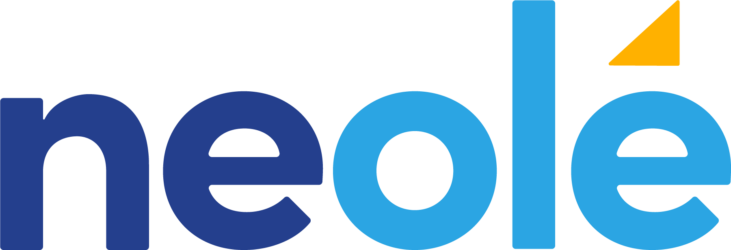Creating an Engaging Virtual Ideas Lab
![]() 30 Applicants accepted into the ideas lab
30 Applicants accepted into the ideas lab
![]() 200 problem statements identified which were narrowed down into 12 problem areas
200 problem statements identified which were narrowed down into 12 problem areas
![]() 276 ideas generated which were narrowed down into 14 ideas that could be developed into proposals
276 ideas generated which were narrowed down into 14 ideas that could be developed into proposals
![]() 5 research project pitches were presented
5 research project pitches were presented
The Virtual Ideas Lab was a pilot project that created an opportunity for researchers from 30 different universities and areas of study to come together for a two-week intensive virtual, interactive and interdisciplinary research design workshop. The intended outcome was for the diverse researchers to create and pitch innovative multidisciplinary research collaborations that could be funded.
Ideas Lab brought together diverse researchers from different disciplines and institutions across Canada who don’t typically cross paths or work together. Many of the participants had never participated in a design/ideas lab or creative thinking workshop, and especially not in a virtual environment (these types of workshops have traditionally been held in-person). Fundamental to the success of these innovative design workshops is trust and engagement. Establishing trust and connection virtually, with diverse participants joining from across time zones, and maintaining engagement and momentum – without exhausting participants – over a two-week intensive virtual workshop were the main challenges we faced.
The client had assembled an expert team of peer mentors to provide subject matter expertise to the participants and facilitators throughout the IdeasLab.
We planned the framework for the workshop following the Ideas Lab methodology of taking people through five stages.
Stage 1: Interact. This stage is designed to develop trust and connections. We spent a considerable amount of time establishing connection and trust between participants. We did this by organizing an Orientation session that included a “FourSight Debrief” (a scientific approach to developing self-awareness around thinking preferences and cognitive diversity), as well as a networking exercise called “The Three Pictures”.
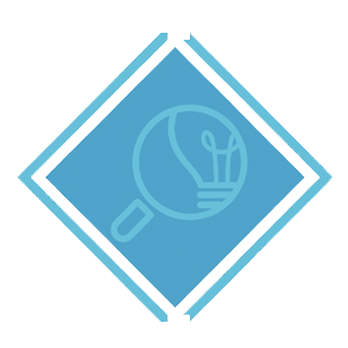
Stage 2: Clarify. This stage serves to explore what knowledge already exists and where the gaps and problem areas exist in the literature and in society. Part of the clarify stage is to then select problem areas that if addressed can make a real difference. This stage involved a divergent and convergent phase. The divergent phase consists of expanding participant perspectives and exploring a wide spectrum of knowledge. The convergent phase surrounded making choices that moved the process forward.
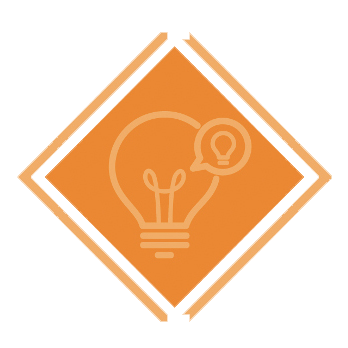
Stage 3: Ideate: During this stage, we helped the participants look at the problem areas from an interdisciplinary perspective and generate potential research project ideas. This stage also involved divergence and convergence in order to generate a large number of ideas. There were over 200 ideas generated in this stage. The convergence phase resulted in the prioritization of 14 ideas.
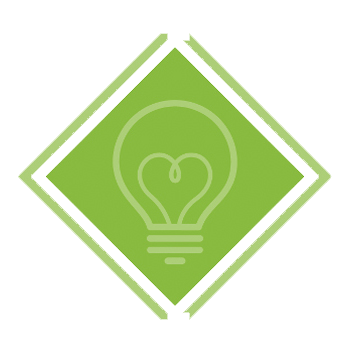
Stage 4: Develop: This stage consisted of leading the participants through an iterative group formation process. As the researchers formed groups, they selected one of the prioritized ideas that they wished to develop into a research project pitch.
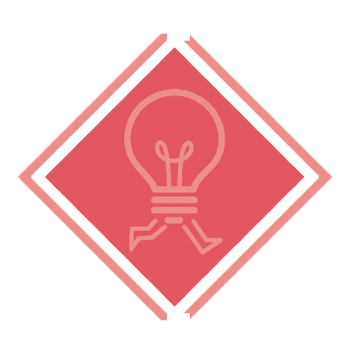
Stage 5: Implement. The participating researchers formed five groups and each group pitched their idea to a committee of peer reviewers with subject-matter expertise.
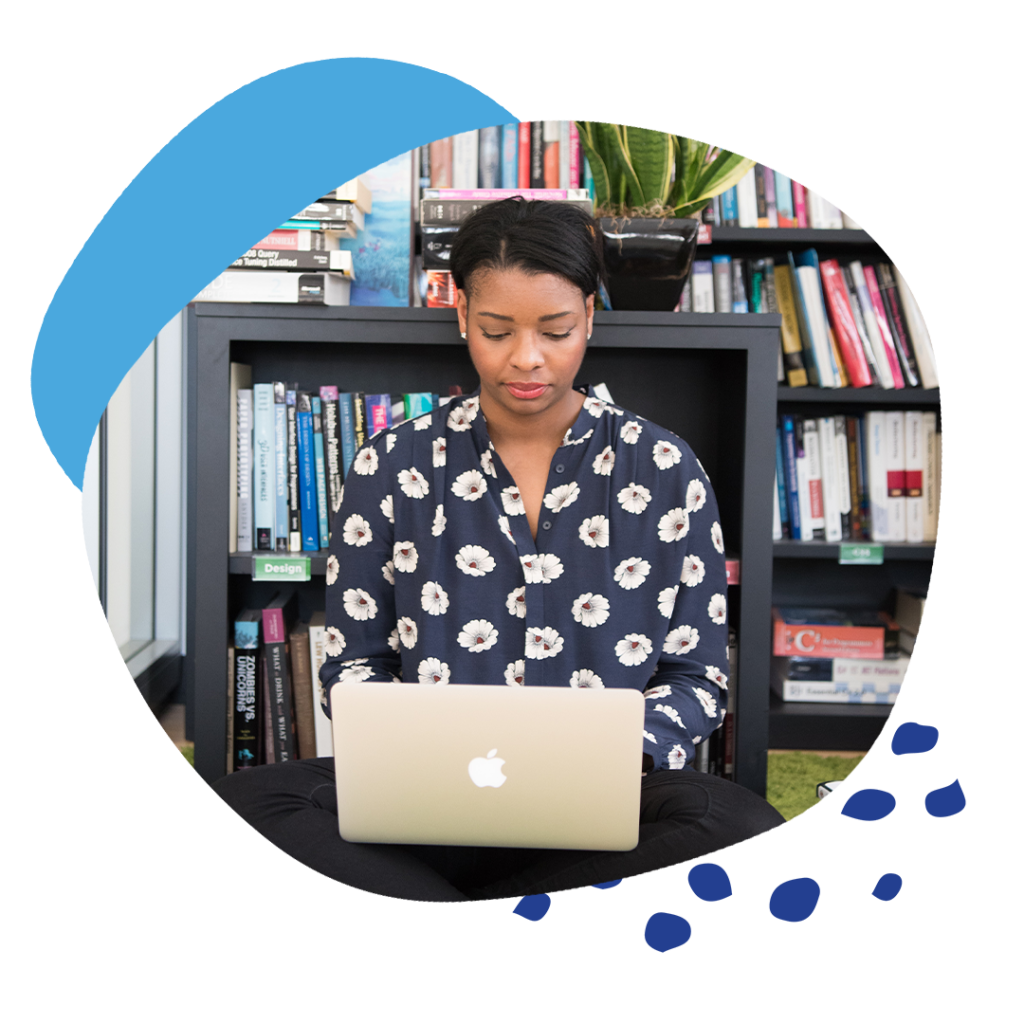
Neole put together a team of three highly experienced facilitators with expertise in the use of creative thinking methodologies and the Ideas Lab model. Facilitators were supported by a team of back-end technical support staff from Neole as well as mentees from the Student Commission of Canada (SCC). We used this project as an opportunity to partner with the SCC in order to invite youth representatives to learn from our expertise as facilitators and virtual event experts.
Part of the solution was to combine Zoom as a video conferencing tool and Stormz as a digital tool that allows the facilitator to lead convergent and divergent phases. To avoid Zoom fatigue, we made sure that the sessions were spread out over a two week period and used creative energizers to help people focus and engage. We also inserted multiple 30-minute breaks into each day to accommodate different lunch times for different time zones.
We were able to successfully design an intensive virtual Ideas Lab that fostered connection and trust amongst 30 diverse participants, and allowed exciting and important new collaborative research to emerge. The client was pleased with the level of professionalism of the facilitation team and found the Neole team very easy to partner and truly collaborate with.
There were 30 participants plus five youth mentees from SCC. There were three facilitators, three technical back-end support staff, and various guest speakers.
Ideas Lab was a pilot project and the intention is to learn from the pilot and organize similar ideas labs in the future. We showed that Ideas Lab is possible virtually, opening up possibilities for similar future engagements that connect across disciplines and geographies.
© Neolé 2021
